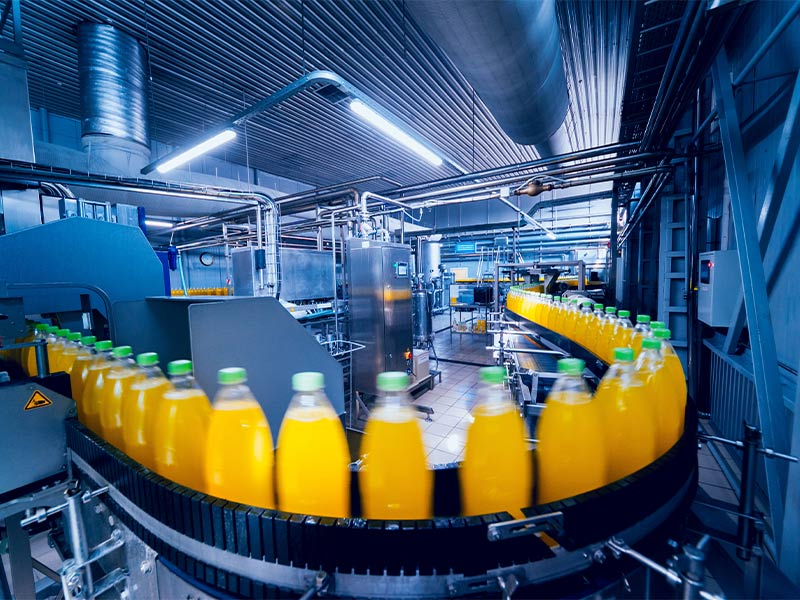The food and beverage industry, a cornerstone of global commerce, relies heavily on consistent and reliable electrical power to maintain operations, ensure product safety, and maximize efficiency. From large-scale processing plants to local breweries, the industry’s electrical needs are diverse and demanding, requiring tailored solutions to address specific challenges. Disruptions in power can lead to significant financial losses, product spoilage, and potential safety hazards, making robust electrical infrastructure a critical component of success. One of the primary electrical demands stems from the need for precise temperature control. Refrigeration, freezing, and heating processes are essential for preserving product quality and preventing bacterial growth. Industrial-scale refrigerators, freezers, ovens, and pasteurizers require substantial and consistent power to operate effectively. Moreover, many food and beverage facilities utilize automated systems for processing and packaging, which rely on sensitive electronic controls that are vulnerable to power fluctuations. Beyond temperature control, the industry heavily relies on electrical systems for sanitation and hygiene. Clean-in-place (CIP) systems, which automate the cleaning and disinfection of processing equipment, require reliable power for pumps, valves, and heating elements. These systems are crucial for maintaining food safety standards and preventing contamination. Additionally, lighting plays a vital role in ensuring a safe and hygienic working environment, particularly in processing areas where visual inspection is critical. Energy efficiency is also a growing concern within the food and beverage sector. Rising energy costs and increasing environmental awareness are driving companies to seek more sustainable electrical solutions. Implementing energy-efficient lighting, upgrading HVAC systems, and optimizing motor controls can significantly reduce energy consumption and lower operating costs. Furthermore, many companies are exploring renewable energy sources, such as solar and wind power, to supplement their electrical needs. To address the diverse electrical needs of the industry, specialized solutions are required. This includes robust power distribution systems, uninterruptible power supplies (UPS) to protect against outages, and surge protection devices to safeguard sensitive equipment. Regular maintenance and inspections are also essential to ensure the reliability and safety of electrical systems. Additionally, smart technologies, such as energy monitoring and control systems, can help optimize energy usage and improve operational efficiency. In conclusion, the food and beverage industry’s electrical needs are multifaceted and critical. By investing in reliable, efficient, and sustainable electrical solutions, companies can ensure product quality, maintain safety standards, and optimize operations. As the industry continues to evolve, the demand for innovative electrical technologies will only increase, driving the development of more advanced and tailored solutions.
Electrical Solutions for the Food and Beverage Industry
The food and beverage industry requires reliable, efficient, and sustainable electrical solutions to ensure product safety, maintain operational efficiency, and control critical processes like temperature and sanitation.

